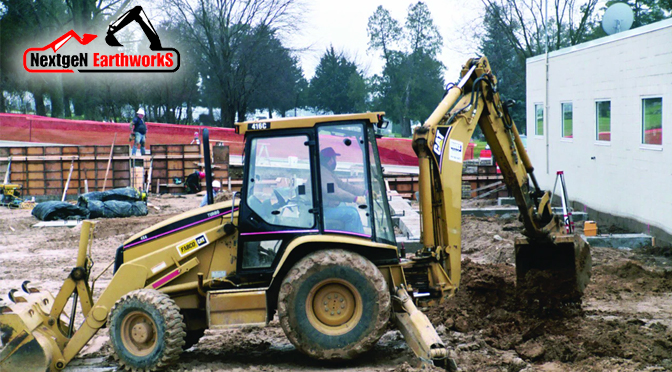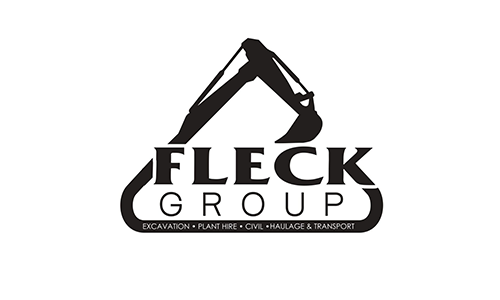BLOG DETAIL

Excavation during rain or adverse weather is extremely dangerous. But to meet the deadlines, excavators have to work. However, during the weather, they take the necessary precautions to safeguard themselves from hazards or accidents and today, we will take a look at the guidelines that they follow.
Identifying Wet Weather
The professionals providing excavation services in Sydney and Marsden Park will first identify the weather effects and the hazards that might emanate from them, and depending on them they will need to take the necessary protective measures. Moreover, the excavators will also inspect the soil condition so that they can use take the necessary measures.
Setting Up The Inventory On Clean Surfaces
During the excavation, the excavators will set up the necessary inventory and they will need to do it on clean surfaces because it contains the blueprints for the excavation. Additionally, the excavators will set up shades or other coverings to protect them from the weather effects.
Check all the Power Tools
The chances of electrical hazards rise manifold when it rains. So, the excavators in Wollongong and Shellharbour will inspect the power outlets for possible short circuits and fix them accordingly to avoid electrical hazards. Furthermore, they will also keep the power tools in places that are well-protected from water.
Keeping the Site Free of Water
During heavy rains, keeping the excavation site free of water might not be possible. But if it’s drizzling or when the rain has subsided, the excavators will start the pumps to drain out the water from the site to prevent the formation of puddles or mud that can hinder excavation and can even lead to accidents such as slips.
Wearing Protective Equipment
The excavators will need to wear protective equipment to keep off the water from their bodies as water coming in contact with electrical tools can lead to shocks and can cause injuries. Also, the excavators will wear anti-fogging glasses as they help to get a clear view of things when it’s raining hard.
Wearing the Right Gloves
The excavators providing excavating services in Wollongong will wear the right protective gloves while it’s raining so that they can get a good grip of the equipment that they are operating. Moreover, wearing the right gloves will help keep the hands of the excavators warm.
Wearing Safety Boots
Wearing safety boots is another precaution that the excavators will take because that will help them to prevent slips in wet surfaces or over the debris. At the same time, these boots will help them to stay protected from live wires on the site.
Take the Necessary Steps to Protect the Trenches and Scaffolding
Due to heavy rain, the excavators will protect the scaffolding and cover the trenches as water can lead to roof collapses. Also, they can make the scaffolding and other structures quite unstable. Therefore, become the rain or thunderstorm becomes worse, the excavators will check these areas and take the necessary measures.
These are a few steps that the excavators follow to protect themselves against hazards and accidents that might occur when the weather is adverse.
Contact Us for Any Type of Excavation
NextGen Earthworks is the excavation company in Sydney that houses the best excavators to accomplish all types of excavations safely. So, if you are looking for a company which you can trust, call us now.
Recent Post
Popular Post
-
17 Jan 2025Buyuk Kazanc Firsatlari Sweet Bonanza Slotunda
-
30 Dec 2024MostBet Platformasinda Tehlukesiz Bahis Addimlari
-
28 Dec 2024Mostbet online casino Turkiye'deki oyuncular icin hizli
-
03 Dec 2024Азино Три Топора Официальный Сайт - Подпишитесь На 200 Бонусов Казино!
-
29 Nov 2024Скачать Азино 777 Играть На Деньги На Компьютер



